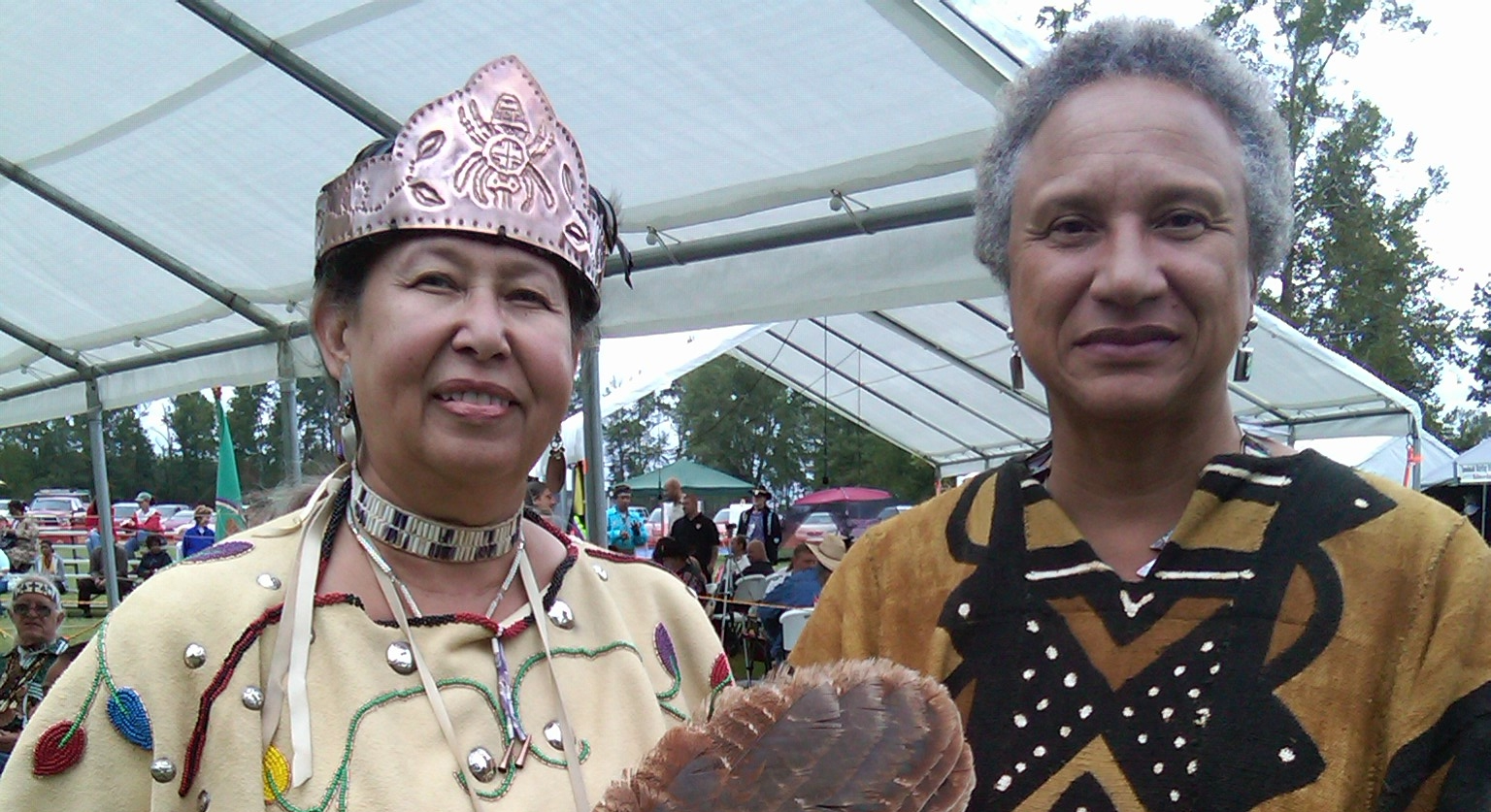In 1619, a Dutch slave ship sailed into Jamestown’s harbor in search of supplies. The English colonists at Jamestown proceeded to provide the crew with food in exchange for 20 or so kidnapped Angolans. This fateful transaction would establish the institution of African slavery in America, the ramifications of which are still felt today.
Slavery will be just one of the topics discussed at Norfolk State University’s upcoming “1619: The Making of America” conference. The conference will examine the importance of the year 1619s with regard to the formation of American society. Attendees will experience a thorough, two-day forum held Sept. 21 and 22, at NSU’s New Student Center.
Cassandra Newby-Alexander, Professor of History at NSU and conference chair, explained that this particular program has been years in the making.
“A number of people in the region have been discussing the idea since the 2007 Jamestown conference,” Newby-Alexander said. “Project 1619 formed early on to generate interest, especially amongst those on the Peninsula. We were able to secure funding by building a partnership with a number of organizations and centers throughout the region.”
These organizations include the College of William and Mary’s own Middle Passage Project, 1619 Initiative and the Lemon Project. Named to honor a College-owned slave, the Lemon Project is co-chaired by professor Jody Allen, PhD ‘09. Allen will be contributing to the conference panel of “Novelists, Griots, Travel Writers and Keepers of Sacred Stories,” which will feature a group discussion of the cross-cultural chronicling of 1619. She explained that the existence of the upcoming convention is revolutionary in and of itself.
“Just the fact that this conference is actually happening makes it very unique,” Allen said. “Talking about slavery makes people uncomfortable, but it’s important to talk as much as we can about the period and not continue to sweep it under the rug.”
In addition to slavery, viable tobacco farming began in Virginia in 1619, along with the news that white women were traveling to Jamestown. The year also marks the founding of the House of Burgesses, America’s first legislative body. Regarding the early intercultural relations of Jamestown, Allen revealed an unexpected trend.
“There was a lot more positive cultural interaction between the Africans and the Native Americans and the whites,” Allen said. “People don’t generally realize that there was a period where there was some potential for real cultural understanding.”
Along with her other duties, Allen will be joint-teaching a one-credit Africana studies course along with English professor Joanne Braxton. The course can be cross-listed with other departments, and credit-seeking students are required to attend both days of the conference and submit an essay. While the event is scholastic in nature, Braxton added that the conference will also be incorporating both spiritual and artistic elements.
“We are sponsoring spoken word artist Maya Maison, the 22-year-old great-niece of Maya Angelou,” Braxton said. “She will bring her artistry to the conference in performance form. We have a new website, complete with a new interview with Dr. Maya Angelou speaking on 1619. The interview was given exclusively for this conference.”
Newby-Alexander said she is especially looking forward to the variety of speakers and the collaborative nature of the conference itself.
“I am most excited about the roundtables because they will allow a diverse group of people the opportunity to talk about issues in an organized and collegial manner,” Newby-Alexander said. “It is my hope that new interpretations, perspectives and projects will emerge from these discussions.”
While historical narratives often overlook the swampy, disease-ridden English colony of Jamestown, Professor Newby-Alexander said the settlement is more important to the American national identity than most people realize.
“1619 was an important watershed in American history,” Newby-Alexander said. “It is unfortunate that so many textbooks either ignore this period or minimize its importance. Who we are as Americans and what we became began, for the most part, in 1619.”
Braxton hopes the conference will generate a newfound appreciation for the historical legacy of the period and that it will possibly lead to future forums and discussions about the prevalent issues of this conference.
“One of the goals among the sponsoring organizations is to have one university sponsor a 1619 conference each year leading up to the 400th anniversary of the arrival of Africans and women at Jamestown,” Braxton said. “William and Mary hopes to sponsor such a conference in 2014.”
Allen summarized the urgency and importance of continuous research on 1619-era Jamestown.
“There are legacies that exist in our culture today that stem back to the time period,” she said.


This history is incorrect. The 20 and odd Negroes landed at Point Comfort in Hampton, Virginia. The Virginia General Assembly passed a Resolution and presented it the City of Hampton in August 2012. Please check and correct facts on this. Thank you. @pointcomfort4me